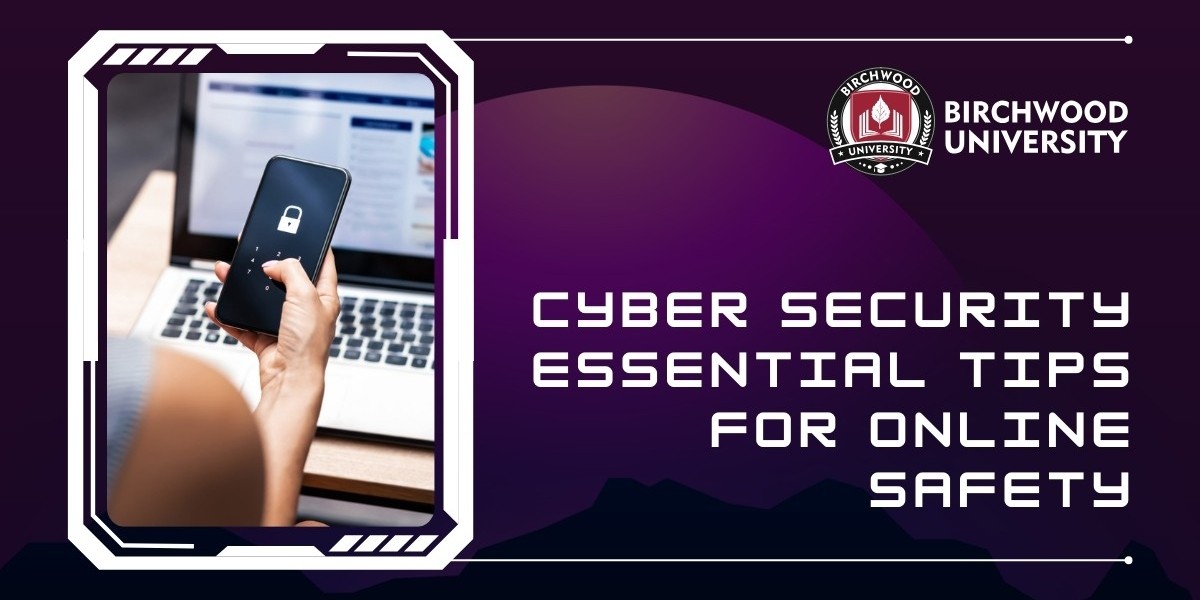Internet is one of the greatest and smartest creation of humans. From uploading pictures on social media to order food, it continues to become a significant part of our daily life. But with all the comfort it brings in our life, it also comes an undeniable threat to our personal information left on internet in the form of digital footprints. Cyber threats have been growing so fast nowadays, that they have become a point of serious concern for the government also.
The fact that in every 39 seconds, there is a cyberattack happening somewhere in the world is quite alarming. Another fact which is bug concern is, that is we take a global average cost of data breach it will be somewhere around $3.9 million across as small and medium size enterprises. These statistics as a matter of fact shows a serious concern for cyber security.
However, with limited sources available, it becomes important for us to at least know a bit of cyber security tips and tricks to save our data from the growing cyber threats. Here, we are going to share some tips for Master of Science in cyber security online in 2024.
Password and Authentication:
- Strong Password: It is quite obvious that a strong password might play an important role in saving our details from the cyberattackers. So, rather than using your birthday and your pet name as your password, try to create a strong combination of numbers, words and symbols, with an ideal number of at least 12 characters.
- Two-Factor Authentication: By requiring a second verification step-like code delivered to your phone-in addition to your password, 2FA adds an extra layer of protection. Wherever you can, turn on 2FA; it's a straightforward but effective protection against unwanted access.
Updates and Security Solutions:
- Software Updates: It often includes important security patches that fix the damage done by cybercriminals. Bring it in your habit to update your system, applications, and antivirus on a regular basis. You can also enable automatic updates for convenience and protection.
- Antivirus and Anti-Malware: A good antivirus application can detect and block malware like viruses, ransomware and spyware etc. By keeping an update of antiviruses helps you to protect your system effectively.
Phishing, Social Engineering, and Suspicious Links:
- Phishing: Almost 75% of cyberattacks takes place by phishing emails and messages, in attempt to trick you and taking your passwords and financial details. One needs to be very careful with the mails and messages carrying links asking you to download from an unknown sender.
- Social Engineering: Social engineering techniques use psychological vulnerabilities of people to get data and systems. Cyberattackers could pretend to be friends, authorities, or customer support agents. Never share your personal information online unless you are confident about the integrity of the website and the recipient.
- Suspicious Links: Don't click on links or even social media posts, without caution. Before clicking, move the mouse pointer over the link to view the real destination URL. Don't click of anything seems strange.
Public Wi-Fi and VPNs
- Public Wi-Fi: Using public Wi-Fi might be convenient, but are not secure every time. Try not to perform any activity that contains using your personal information like online banking, or that requires using a password while using public Wi-Fi. Use a Virtual Private Network (VPN) to encrypt your internet traffic, which will also work as an additional security while using a public network.
- VPNs: A VPN works as a security wall between your device and the internet, and makes it hard for cybercriminals by encrypting your data to decrypt it. Although it's not a complete solution, using a VPN and improve your online security, specially on public Wi-Fi.
What is an MS in Cyber Security
An MS in Cyber Security is a postgraduate degree that provides students the expertise and skills to understand, analyse, and protect your system against cyber threats. The curriculum usually covers topics like cryptography, network security, incident response, and digital forensics. Students also get practical experience through labs and simulation, learning to apply the expertise to a real-world scenario.
Benefits of an MS in Cyber Security:
Here are the Benefits of an MS in CyberSecurity
- High demand and Earning: The demand for experienced professionals is higher than it's supply, which is creating a very competitive job market with very high salary potential and additional benefits.
- Multiple Career Options: An MS in cyber security degree, can give you a number of career choices. You can become a network security analyst, security architect, penetration tester and a cyber security consultant.
- Intellectual Challenges: Cyber Security is a diverse field which requires you to have habit to learn continuously with the update. An MS in cyber security gives you the skills that will help you stand out of the crowd and face complex security issues easily.








